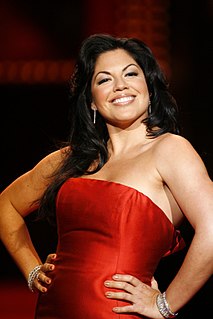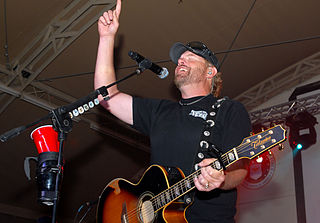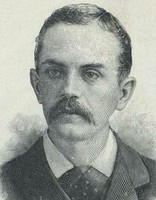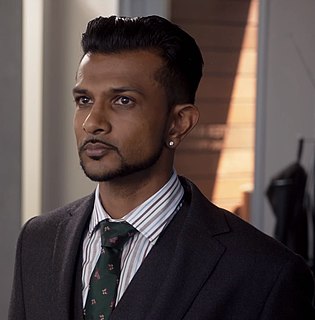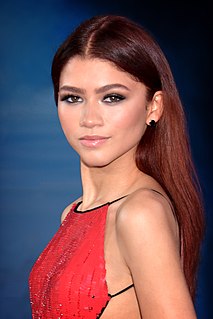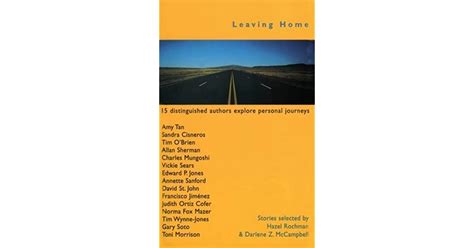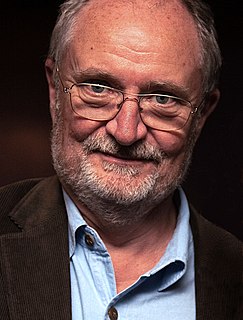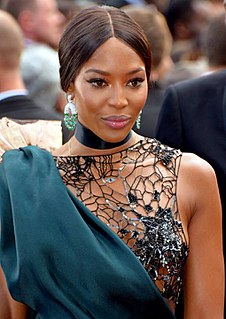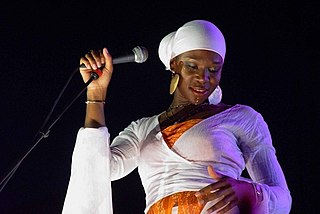A Quote by Sara Ramirez
I'm glad to be a role model, but beyond that I'm a flawed human being, someone who continues to deal with my body image and what my purpose is on the planet.
Related Quotes
Those implications are tremendous beyond description. My experience showed me that the death of the body and the brain are not the end of consciousness, that human experience continues beyond the grave. More important, it continues under the gaze of a God who loves and cares about each one of us and about where the universe itself and all the beings within it are ultimately going.
What we'd consider a positive role model, I think it's impossible to actually be a role model. You'll have your flaws or defects of character, regardless. You just speak like a positive role model, and that's just something that you're being conscious of, and you make the decision, "I want to say positive things."
Books can make a difference in dispelling prejudice and building community: not with role models and recipes, not with noble messages about the human family, but with enthralling stories that make us imagine the lives of others. A good story lets you know people as individuals in all their particularity and conflict; and once you see someone as a person-flawed, complex, striving-you've reached beyond stereotype.
I make many mistakes. Many mistakes. I'm not a perfect human being. I have to learn from my mistakes. And a lot of the ones I've made have been public. So I always get nervous when people speak about something that sounds like a role model, because I don't know if I've been a great role model myself.
